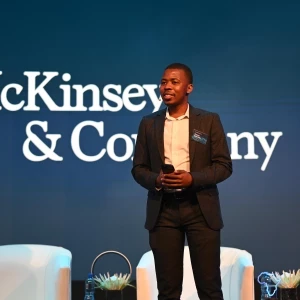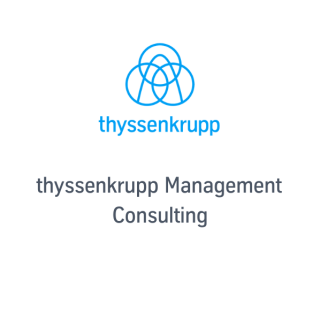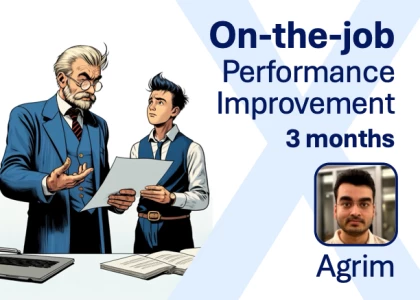Dear Preplounge community,
I study at a target university and I am planning on applying to consulting companies during the spring cycle.
Therefore, I have around 3 months to take my time and start preparing.
I have already read “Hacking the case interview” and found it easy to use due to its simplicity in constructing frameworks where there is a bare minimum of memorization and an emphasis on logic.
2 days ago, I have decided to start reading case in point. Now I have reached the Ivy system section and I can say I found it complex and requiring a lot of memorization.
So I am wondering now, is hacking the case not good because it simplifies things?
or is case in point overly complex?
and most importantly, which book offers better approach to constructing frameworks at this level?
if neither, what are some alternative prep books?
I need to maximize the effectiveness of working alone during this time before booking coaching sessions to fine tune my skills before the interviews so your help is really appreciated.
Thanks in advance
















